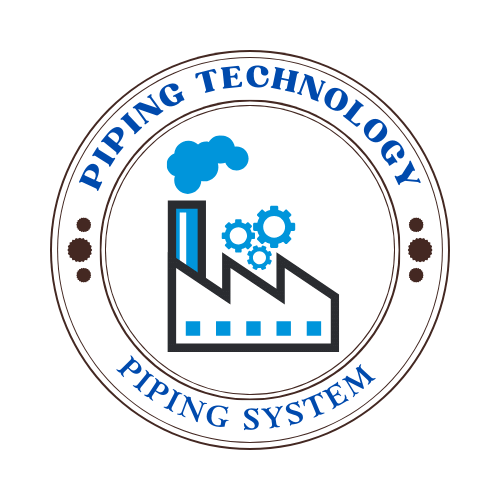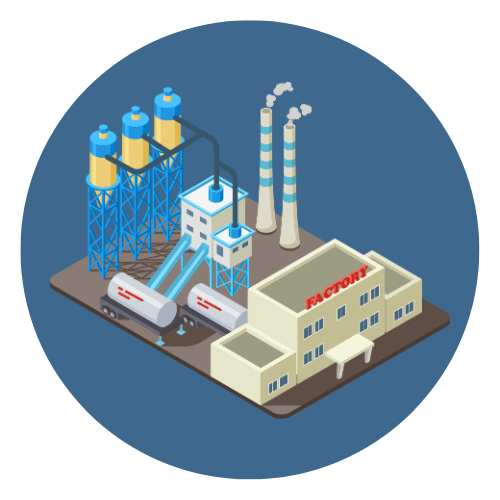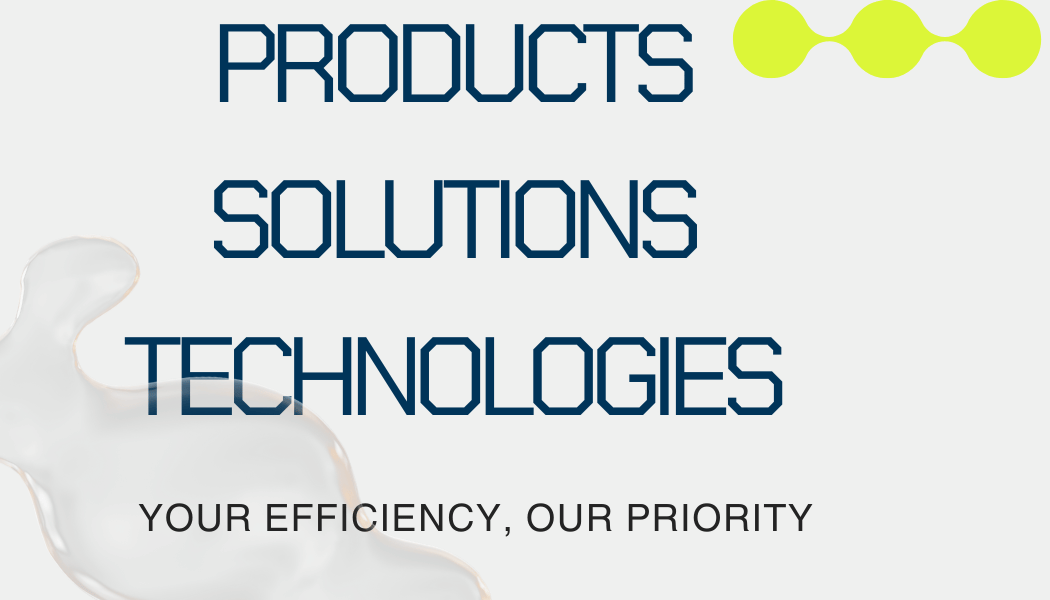V. How to Select a Punching Machine
Choosing the right punching machine for your specific needs requires considering several factors, such as the type of material, production volume, precision requirements, and budget. Here’s a step-by-step guide on how to select the appropriate punching machine for your operation:
1. Material Type and Thickness
- Material Type: Identify the material you will be working with, such as steel, aluminum, copper, plastic, or other metals. Different machines are better suited for certain materials. For example, hydraulic machines are better for thicker, tougher materials, while mechanical machines may suffice for lighter materials.
- Material Thickness: The thickness of the material plays a significant role in determining the punching force required. Thicker materials will require machines with higher tonnage or punching force to achieve a clean cut.
Recommendation: Choose a machine that provides enough force to handle the thickest material you’ll be processing.
2. Production Volume
- High-Volume Production: If you are handling large-scale production, such as in automotive or metal fabrication industries, a mechanical punching machine is typically preferred due to its fast operation speeds. CNC punching machines are also great for high-volume jobs that require precision and flexibility.
- Low-to-Medium Volume: For smaller-scale operations or custom jobs, hydraulic punching machines provide better control, particularly if you’re working with thicker materials or require intricate designs.
Recommendation: For high-volume production with less emphasis on customization, mechanical or CNC machines are ideal. For small batches or more control, consider hydraulic machines.
3. Precision and Complexity of Design
- Simple Shapes: If your job mainly involves cutting simple shapes like round holes or squares, a mechanical punching machine may suffice.
- Complex Designs: If you need intricate patterns or multiple different shapes on one piece, a CNC punching machine offers the best flexibility. These machines can be pre-programmed to perform complex operations with minimal human intervention.
- Tooling Flexibility: For operations requiring frequent tool changes, a turret punching machine (a type of CNC machine) allows for automatic tool switching, improving efficiency.
Recommendation: Choose CNC machines for high precision and complex designs; they are highly versatile and accurate.
4. Speed Requirements
- Mechanical Machines: These machines offer high-speed punching and are ideal for high-volume production environments where speed is more critical than flexibility.
- Hydraulic Machines: While slower than mechanical models, hydraulic machines offer better control, making them suitable for delicate operations or thicker materials.
- CNC Machines: Offer a balance between speed and precision, ideal for medium-to-large production runs where accuracy is crucial.
Recommendation: For high-speed operations, go with a mechanical or CNC machine. For slower, more controlled operations, hydraulic is preferable.
5. Automation and Software Requirements
- Manual vs. Automated Systems: If you have a manual setup or smaller-scale operations, a standard mechanical or hydraulic machine might be sufficient. However, if you’re moving towards automation and need high precision with less operator involvement, a CNC punching machine would be the better choice.
- CNC Control: Consider the complexity of the designs you’ll be working with and whether you need software integration for high precision. CNC machines allow for automation and flexibility, reducing manual labor and increasing accuracy.
Recommendation: If your business is moving toward automation or handles complex designs, investing in CNC machinery with software integration is crucial.
6. Tooling and Die Options
- Customization: Depending on the parts or products you manufacture, you may need custom tooling. Ensure the machine you select can accommodate different punch and die sets, including options for custom shapes or interchangeable tooling.
- Tooling Changes: If you require frequent tool changes, look for a machine that supports quick-change tools or automatic tool changers (found in CNC turret punch machines).
Recommendation: Make sure your machine supports the punch and die options necessary for your product designs. CNC turret machines are excellent for operations requiring multiple tool changes.
7. Budget and Long-Term Costs
- Initial Cost: Mechanical punching machines tend to be less expensive than hydraulic or CNC models. However, CNC machines, while more costly upfront, can save money in the long run by reducing labor costs and increasing production efficiency.
- Operating and Maintenance Costs: Factor in energy consumption, wear and tear on tools, and maintenance. Hydraulic machines may have higher maintenance costs due to the complexity of their fluid systems, while mechanical machines may require less frequent but more expensive repairs.
- Tooling Costs: Consider the cost of tooling, as punches and dies will wear over time and need replacement. CNC machines may require additional investment in programming and skilled labor.
Recommendation: Balance your budget between initial investment and long-term operational costs. For high-precision, low-waste production, CNC punching machines offer great ROI.
8. Available Space
- Footprint of the Machine: Punching machines come in various sizes, and you’ll need to ensure that your workspace can accommodate the machine. Mechanical machines tend to be smaller, while hydraulic and CNC machines may require more floor space.
- Material Handling Space: Consider the space needed to feed and remove materials, especially for large sheet metal operations.
Recommendation: Ensure you have adequate space not only for the machine but also for material handling and storage.
9. Safety Features
- Operator Safety: Look for machines that have built-in safety guards, emergency stop buttons, and sensors to detect material misalignment or machine overload.
- Automation and Monitoring: CNC machines often have built-in monitoring systems to ensure safe and efficient operation, reducing the risk of accidents.
Recommendation: Prioritize machines with modern safety features to ensure operator safety and compliance with industry standards.
When selecting a punching machine, consider factors such as the type and thickness of material, production volume, precision needs, speed requirements, and budget. For simple, high-speed operations, mechanical machines are ideal. For more precision and versatility, especially in automated or high-mix environments, CNC machines offer significant advantages. Hydraulic machines provide more control for heavy-duty or thicker materials but may be slower. Always evaluate your long-term production needs, space, and safety requirements when making your decision.



 Automation System
Automation System  Energy Engineeing
Energy Engineeing  Instrumentation System
Instrumentation System  Mechanical Engineeing
Mechanical Engineeing  Piping Technologies
Piping Technologies  Transportations
Transportations  Manufacturing
Manufacturing  Training Material
Training Material 















